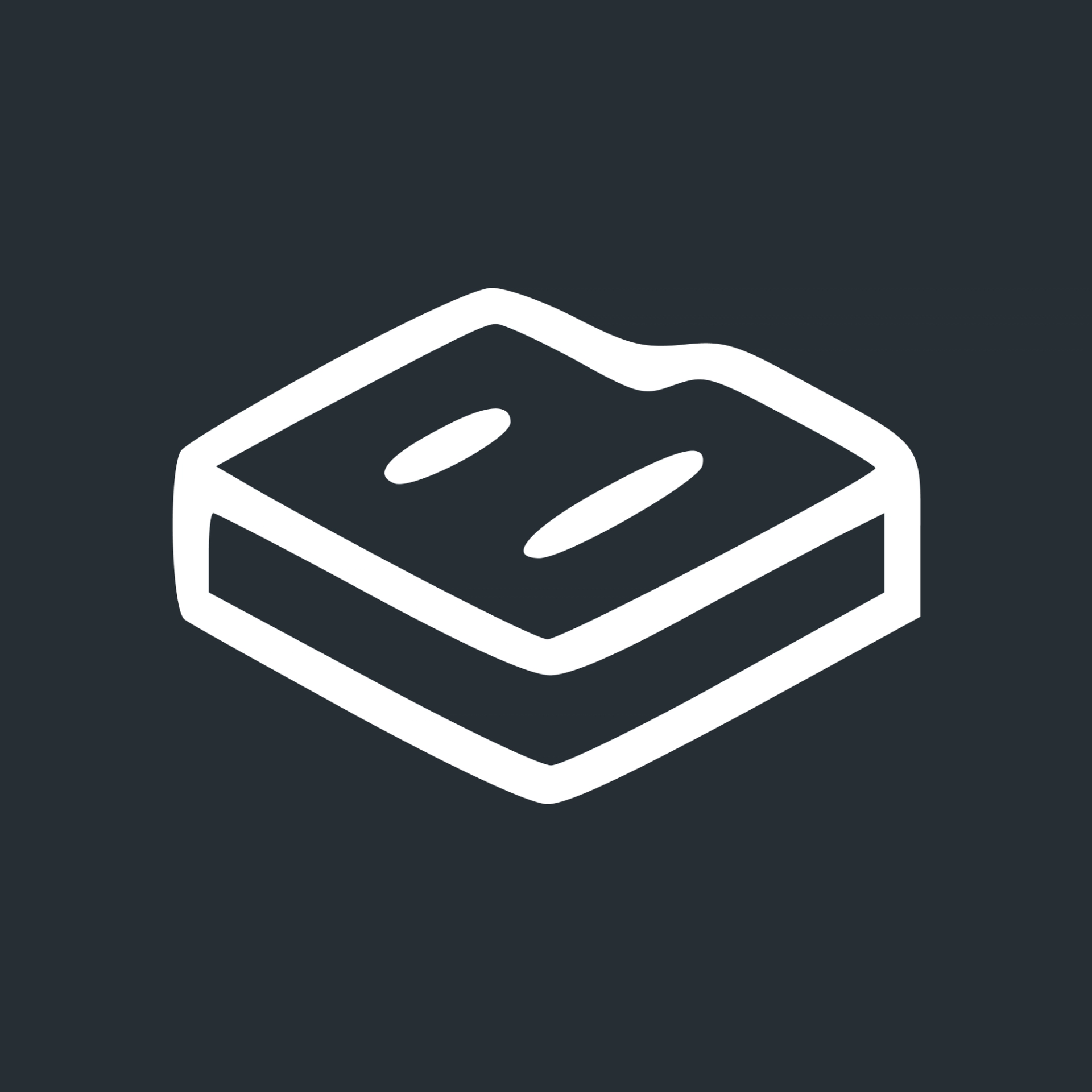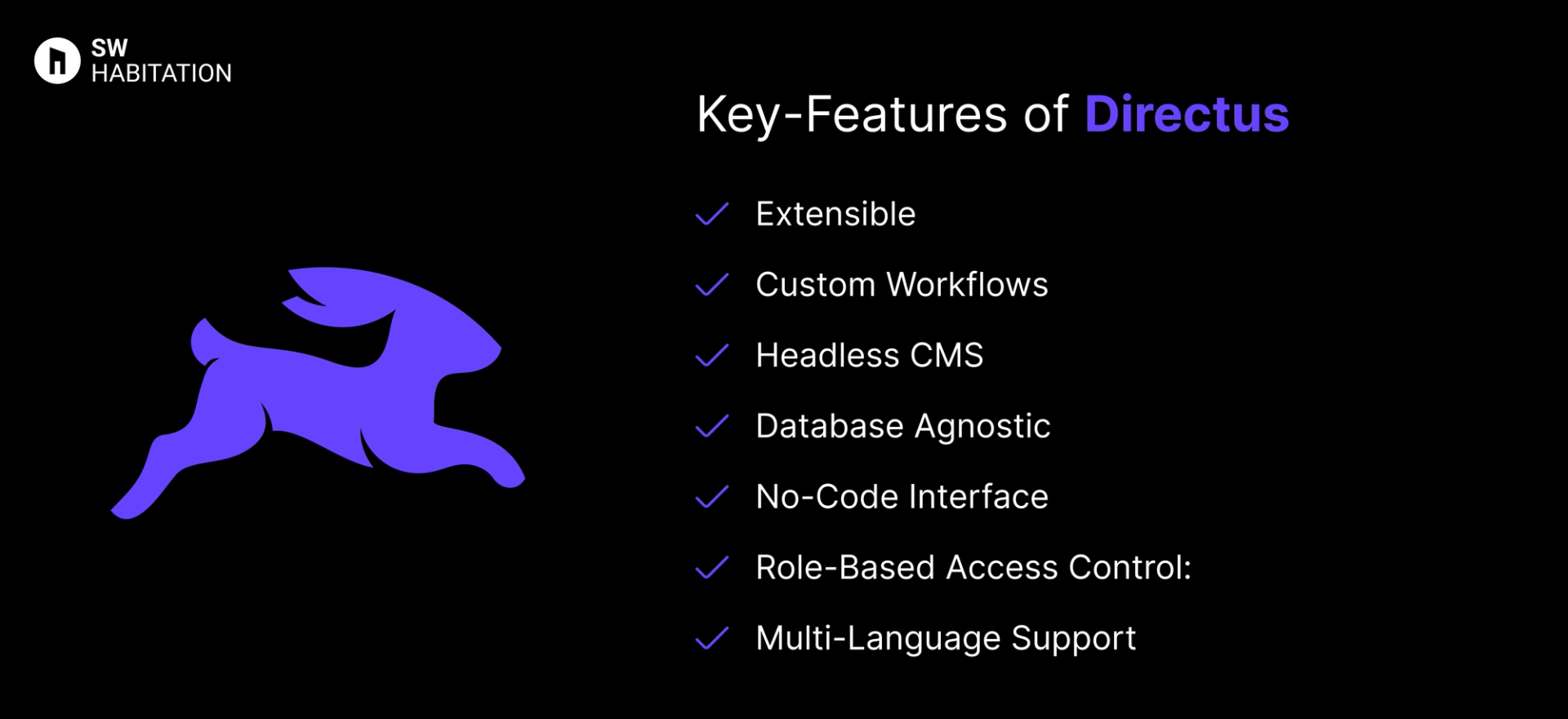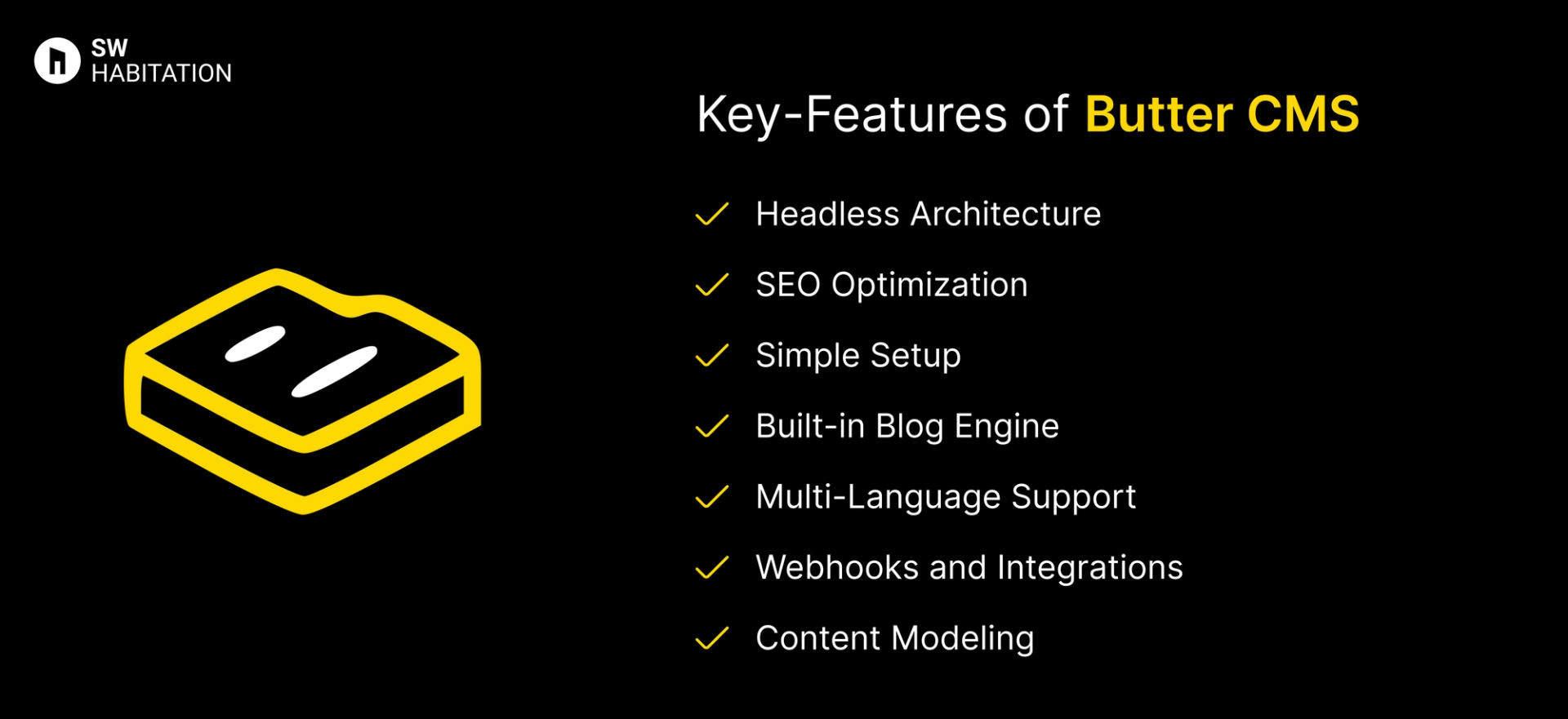Directus vs. Butter CMS

Directus

Butter CMS
You know, when you wanna make a website or a blog but don’t wanna mess with too much code? That’s where a CMS (Content Management System) comes in. It’s like a super easy tool that helps you add text, pictures, and videos to your site without needing to be a tech genius. You just log in, click a few buttons, and your content is live. It's quite simple, right?
What is Directus?
Directus is an open-source headless CMS that wraps around any SQL database, turning it into an instantly accessible API.
Think of it as a control panel for your database, giving you a clean interface to manage content without dictating how your front end should work. Whether you’re building a website, app, or internal tool, Directus lets you work with your data the way you want.
Key Features of Directus


- Extensible: Supports plugins, custom modules, and integrations.
- Custom Workflows: Set up automated actions and webhooks for custom workflows.
- Headless CMS: Provides REST and GraphQL APIs for fetching content anywhere.
- Database Agnostic: Works with any SQL database like PostgreSQL, MySQL, or SQLite.
- No-Code Interface: Friendly UI for non-technical users to manage content.
- Role-Based Access Control: Manage user permissions at a granular level.
- Multi-Language Support: Handle translations directly in the CMS.
Advantages of Directus
- Highly Flexible: Can handle everything from small projects to enterprise-level applications.
- Open Source: Free to use and extend.
- Great for Developers: Full access to the database and API.
- Complete Control: Wraps around your existing database without locking you into a specific structure.
- User-Friendly: Non-technical users get a simple UI to manage content.
Disadvantages of Directus
- No Pre-Built Frontend: You’ll need to build your frontend separately.
- Learning Curve: Offers a lot of flexibility, which can be overwhelming for beginners.
- Self-Hosting Complexity: Requires setting up a database and environment if self-hosting.
What is Butter CMS?
Butter CMS is a headless CMS, means it handles all your content in the backend and lets you pull it into your app or website via APIs.
Lets talk what makes Butter CMS stand out among others ? It focuses on simplicity. You don’t need to set up servers or worry about maintenance you need to just plug it into your project, and you’re good to go. It’s specially popular with startups and small teams who want a quick and easy CMS.
Key Features of Butter CMS


- Headless Architecture: Serve content anywhere with its API driven approach.
- SEO Optimization: It comes with SEO-friendly features out of the box.
- Simple Setup: No database or infrastructure required, just add a few lines of code, and you’re good to go.
- Built-in Blog Engine: Need a blog? Butter CMS has a pre-built blog system, which saves tons of development time.
- Multi-Language Support: Manage content in multiple languages easily.
- Webhooks and Integrations: Integrate easily with giant frameworks like Next.js, Vue, React, and more.
- Content Modeling: Create flexible content structures to fit your projects unique needs.
Advantages of Butter CMS
- Quick Setup: No need for complicated installations, just connect the API and good to go.
- Great for Small Teams: Simple, intuitive UI makes content management a easy to use thing.
- No Infrastructure Worries: Butter CMS handles the backend, so you can focus on the front-end things.
- SEO-Friendly: Built-in features help you optimize your content for search engines.
- Perfect for Blogs: It comes with a ready to use blog system.
Disadvantges of Butter CMS
- Not Ideal for Complex Apps: If your app requires super complex data relationships, Butter might feel a bit too simple to use.
- Limited Free Tier: The free plan is pretty basic, you’ll need to pay for more features if you need more flexibility.
- Pricing Can Add Up: As your content grows, so does the cost is also increase simultaneously.
Comparison Between Directus vs Butter CMS
Use Cases of Directus
- Multi-Language Sites: Native support for handling multiple languages.
- Teams with Developers and Editors: Developers get full database access, while editors get a clean UI.
- Data-Driven Projects: When you need full control over your database and APIs.
- Custom Apps: Ideal for mobile apps, internal tools, or dashboards.
Use Cases of Butter CMS
- Blog Heavy Websites: Get a fully functional blog with minimal coding ahead.
- Marketing and Landing Pages: Quick to set up, making it ideal for marketing websites.
- Startups and Small Teams: No need for complex infrastructure.
- Projects That Need Fast Deployment: Minimal setup means faster launches.
Other Resources
Conclusion
Headless CMS platforms make managing your website very simple and easy. Whether you’re running a blog, online store, or business, they handle the tough stuff so you can focus on your content.
With a user-friendly interface and the ability to work with any technology, you can create a site that really fits your needs.
These platforms are flexible, secure, and can grow with you. They offer features like custom content, easy editing, and integrations with other tools. Choose the one that fits your requirements and start building your dream website today 🚀
Frequently asked questions
Is Directus just for developers?
Nup, While developers appreciate the customization and flexibility, editors and content creators will enjoy its clean and easy-to-use admin interface that requires no coding knowledge.
Can I self-host Directus?
Yes, you can self-host Directus on your own infrastructure or choose the Directus Cloud for a managed experience. The choice is yours based on your needs and preferences.
Can I use my own database with Directus?
Yes, Directus doesn’t require you to migrate to a new database, it connects directly to your existing SQL database and provides a user-friendly CMS interface.
Does Directus support REST or GraphQL?
Yes, Directus provides both REST and GraphQL APIs, so you can choose the one that best fits your project’s needs.
What makes butter cms special?
It’s super simple to set up and lets you add content to your site fast, without needing a backend.
Do I need a developer to use butter cms?
Nope, Not really. It’s beginner-friendly, but a developer can help with custom stuff if needed.
Is butter cms free?
It’s not free, but they offer a free trial so you can try it out first.
Can I use butter cms with React or Next.js?
Yup, It has APIs that make it easy to work with React, Next.js, and other frameworks.
Does butter cms supports SEO features?
Yup, you can add SEO stuff like meta tags and descriptions right from the dashboard.
